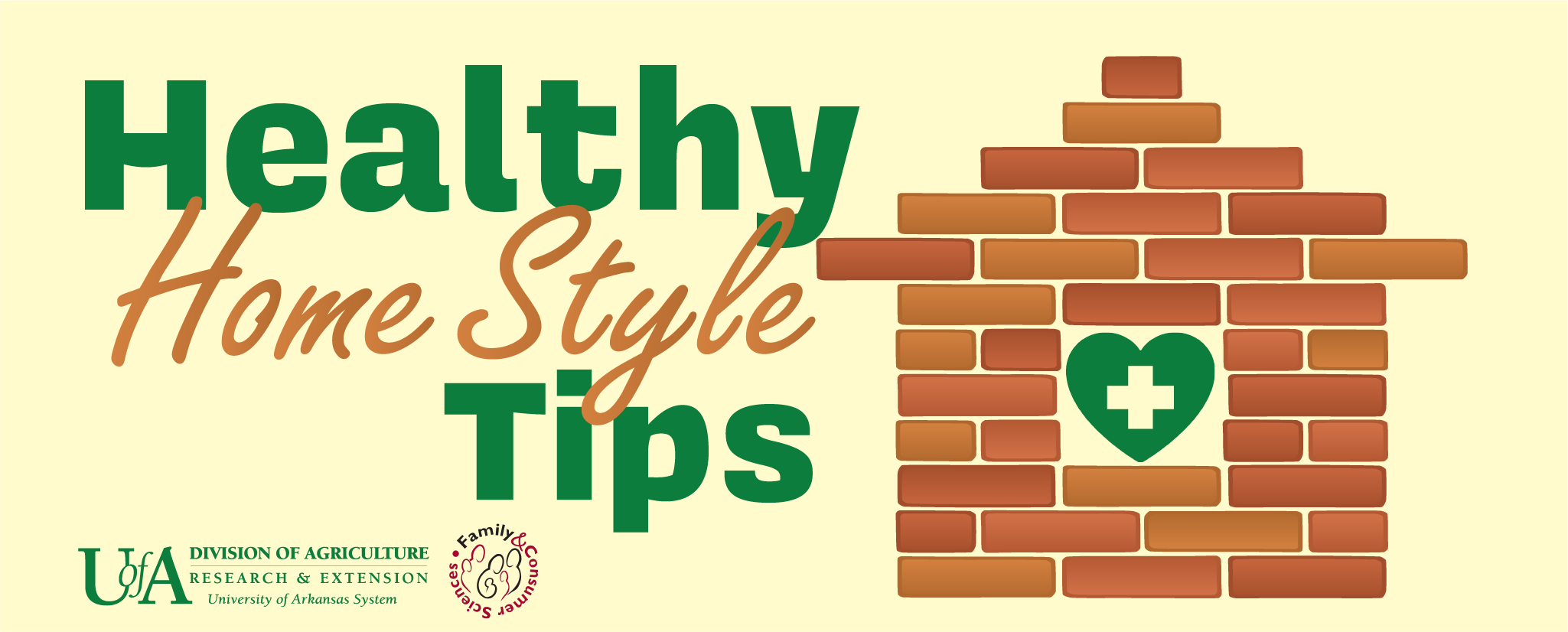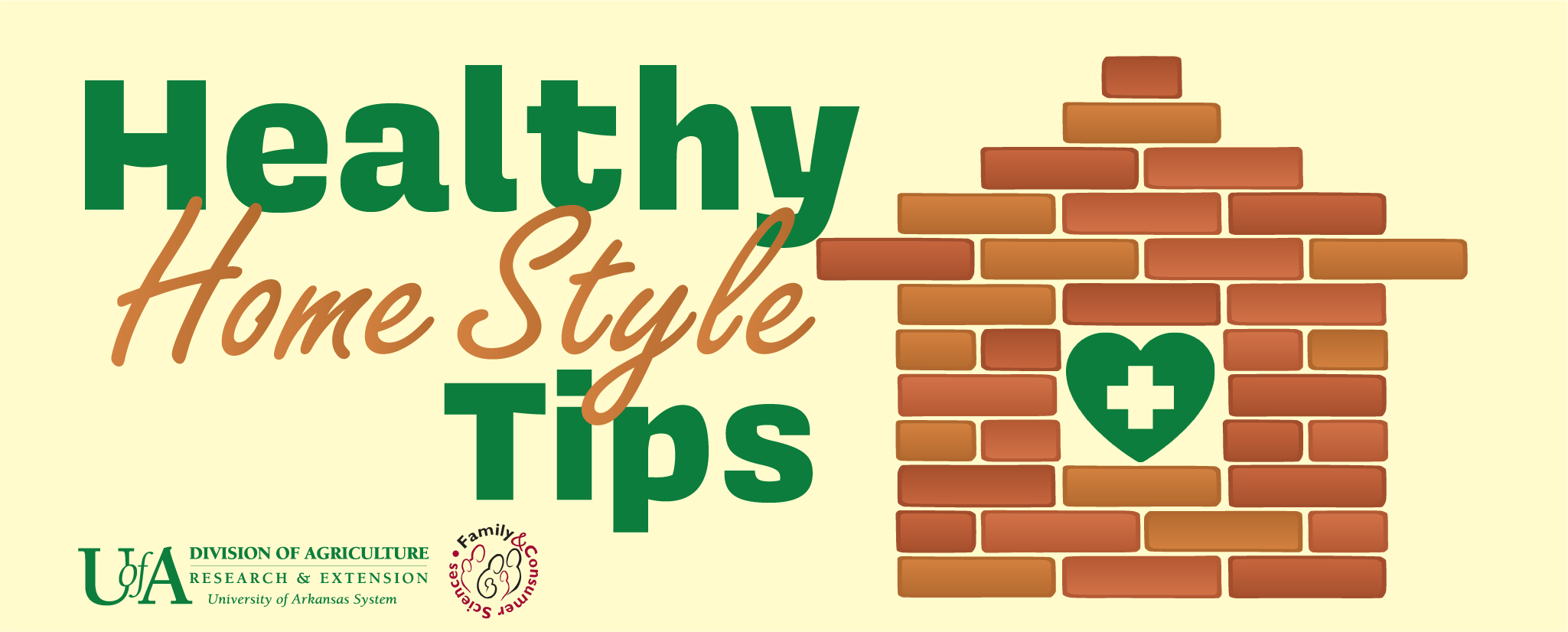Staying Safe while on Social Media
Contact

University of Arkansas System Division of Agriculture
Saline County Cooperative Extension Service
1605 Edison Ave.
Benton, AR 72015

Healthy Home Style Tips
Tips from Extension Educator Kristal Draper on keeping our homes healthy and stylish!
Staying Safe while on Social Media
by Kristal Draper

Summer vacation is in full swing and for kids that often means more free time for social media and playing games on their devices. Unfortunately, online predators are also using the internet searching for their next victim.
Online predators are looking for any advantage they can to intimidate or put your child into inappropriate situations. It is important for parents and adults to be vigilant in knowing what children are doing on their devices. We need to know who exactly our children are talking to online to make sure they stay safe.
Suggested guidelines for internet browsing for children and teens include:
- Keep passwords, pictures and secrets to yourself.
- Remind your children never to arrange a face-to-face meeting with someone they first met online.
- Teach your children not to post anything on the internet that they would not want others to see.
- Help them remember that people they meet online are not always who they say they are.
- Let your children know they should not say anything online that they would not say in public.
- Tell them not to respond to messages that are inappropriate or make them feel uncomfortable in any way and to tell a parent or guardian when they receive these types of messages online.
- Encourage your children to come to you if they encounter a problem online.
Parents/caregivers can lessen the likelihood of their child becoming a victim of an online predator through keeping the lines of communication open, monitoring their child’s internet activity, and direct instruction on internet safety. Never assume anything. Remember if your child does encounter an online predator, the child is the victim. Talk to your child about sexual victimization and the potential for online dangers.
Parents should use the parental control settings: maintain access to emails and online accounts; place the computer or other devices in a common room in the house, not in the child’s bedroom; and be aware of the computer safeguards anywhere your child might access a computer or other devices and internet such as school, the library, or a friend’s house.
Instruct your child in the correct use of online resources. Spend time with your child on the internet and encourage them to teach you what they know. Never arrange a face to face meeting with someone they met online and never automatically assume what they are told online is true. The internet can be very useful if used correctly but it also comes with problems and other issues our children need to be aware of.
Another danger children face connected with technology is cyberbullying. According to the website stopbullying.gov, cyberbullying is bullying that takes place using electronic technology. Electronic technology includes devices and equipment such as cell phones, computers, and tablets as well as communication tools including social media sites, text messages, chat, and websites. Examples of cyberbullying include mean text messages or emails, rumors sent by email or posted on social networking sites, and embarrassing pictures, videos, websites, or fake profiles.
The Arkansas Attorney General’s office recommends the following strategies if your child is facing cyberbullying:
- Never reply to anyone in anger.
- Stop, block and tell – do not reply, block the sender, tell someone.
- Save the message and show a trusted adult.
- Be a friend — if you know of someone who is being cyberbullied, let your parent know.
- Parents should consider reporting the cyberbullying to local law enforcement authorities.
If you would like more information, please call me at the office or email me and I will be happy to help.